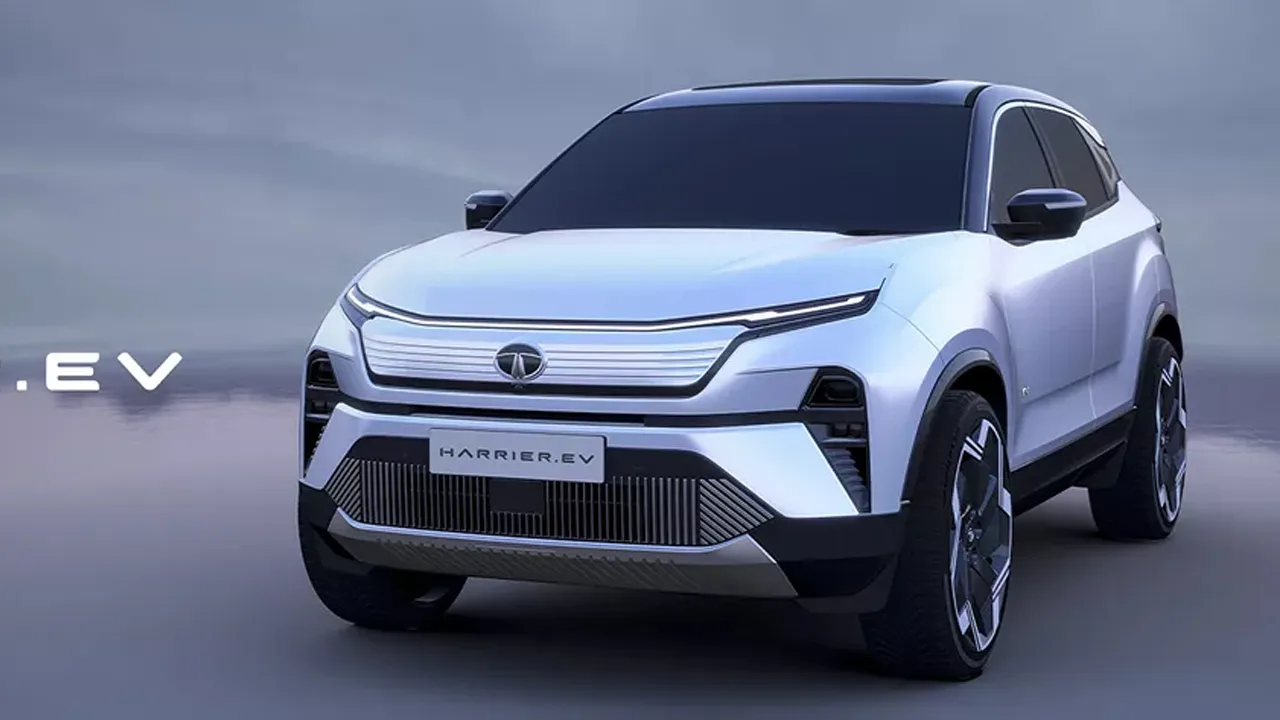Tata Motors India’s leading Ev manufacturer has taken a firm stand against potential tax concessions for hybrid vehicles, advocating for greater incentives for electric vehicles (EVs) over hybrids. The automotive giant has communicated its stance to the central government, emphasizing the environmental downsides of hybrid technology when compared to pure electric alternatives.
In a letter addressed to the government, Tata Motors contends that tax cuts for hybrids could be counterproductive to the nation’s overarching environmental objectives. The company asserts that hybrid vehicles while presenting a transitional step towards electric mobility, carry higher pollution levels than their fully electric counterparts.
This position adopted by Tata Motors puts it at odds with other automakers, notably Toyota, which has been actively lobbying for reduced taxes on hybrid vehicles. Tata Motors makes a compelling argument, urging the government to prioritize incentives for EVs, considering their cleaner and greener impact on the environment.
- Audi GT50 Concept: A Loud Reminder of Why Car Enthusiasts Fell in Love With Audi
- Nearly 30% of UK Drivers Believe Car Tax Should Be Based on Mileage — Survey
- Why Planes and Boats Escaped the Luxury Tax But Cars Didn’t
- Australia’s Headlight Confusion: Authorities Warn Drivers After Viral $250 Headlight Rule Goes Wild Online
- 2025 Hyundai Venue Facelift Launched in India – Full Details, Variants, and Price
Upcoming Tata Cars in India
Amidst this debate, Tata Motors is gearing up to contribute significantly to India’s electric vehicle landscape. The company’s upcoming electric models, including the Tata Curvv EV, Tata Harrier EV, and Safari EV, showcase its commitment to advancing sustainable and eco-friendly mobility solutions. The decision to oppose tax concessions for hybrids aligns with Tata Motors’ vision of promoting a cleaner and more sustainable automotive future in India.
As the electric vehicle market continues to evolve, Tata Motors’ stance underscores the importance of prioritizing fully electric options to achieve substantial environmental benefits. The company’s push for incentivizing EVs over hybrids reflects a strategic commitment to driving positive change in the automotive industry, emphasizing the need for cleaner and more sustainable transportation solutions in the country.
